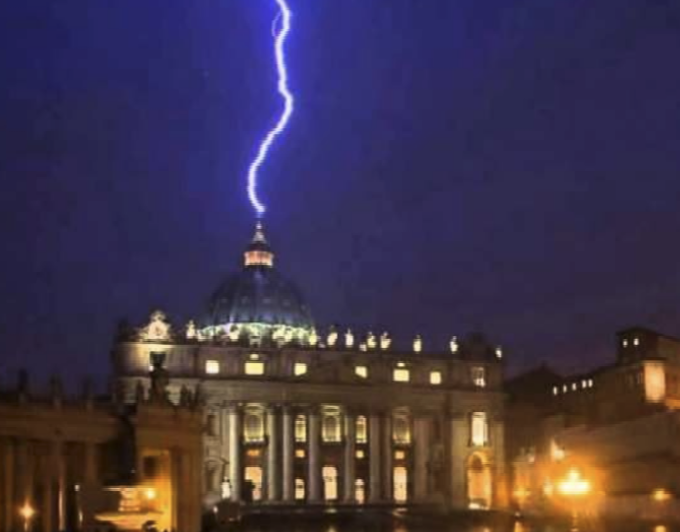If you have been following the horror shows at Ivy League schools, you know how agonizing this situation has become for old-school First Amendment liberals.
Are the tropes of anti-Semitism still protected forms of speech? Back in the 1970s, ACLU lawyers knew the painful answer to that question when Nazis wanted to legally march through Skokie, Illinois, a Chicago-area community containing many Holocaust survivors.
America has come a long way, since then. Today, the illiberal world considers a stunning amount of free speech to be violence, except in myriad cases in which speech controls are used to prevent “hate speech” and misinformation/disinformation in debates when one side controls the public space in which free debates are supposed to be taking place.
Clearly, death threats, physical intimidation and assaults are out of line. But what about a slogan such as, “From the river to the sea, Palestine will be free”? Is that automatically a call for genocide? The Associated Press has this to say:
Many Palestinian activists say it’s a call for peace and equality after 75 years of Israeli statehood and decades-long, open-ended Israeli military rule over millions of Palestinians. Jews hear a clear demand for Israel’s destruction.
Ah, but what does Hamas say? The same AP report notes:
“Palestine is ours from the river to the sea and from the south to the north,” Khaled Mashaal, the group’s former leader, said that year [2012] in a speech in Gaza celebrating the 25th anniversary of the founding of Hamas. “There will be no concession on any inch of the land.”
The phrase also has roots in the Hamas charter.
The key is that Hamas opposes a two-state solution allowing Israel to continue as a Jewish homeland. How is Israel eliminated without the eliminating, to one degree or another, millions of Jews?
This brings us back to the Ivy League. At this point, I think that it’s time for someone to ask if other minorities on Ivy League campuses have — in recent decades — experienced severe limitations on their free speech and freedom of association. To what degree are other minorities “ghosts” on these campuses? Do they barely exist? Has the rush to “diversity” eliminated many religious and cultural points of view?
Ah, but the Ivy League giants are private schools. They have rights of their own.










